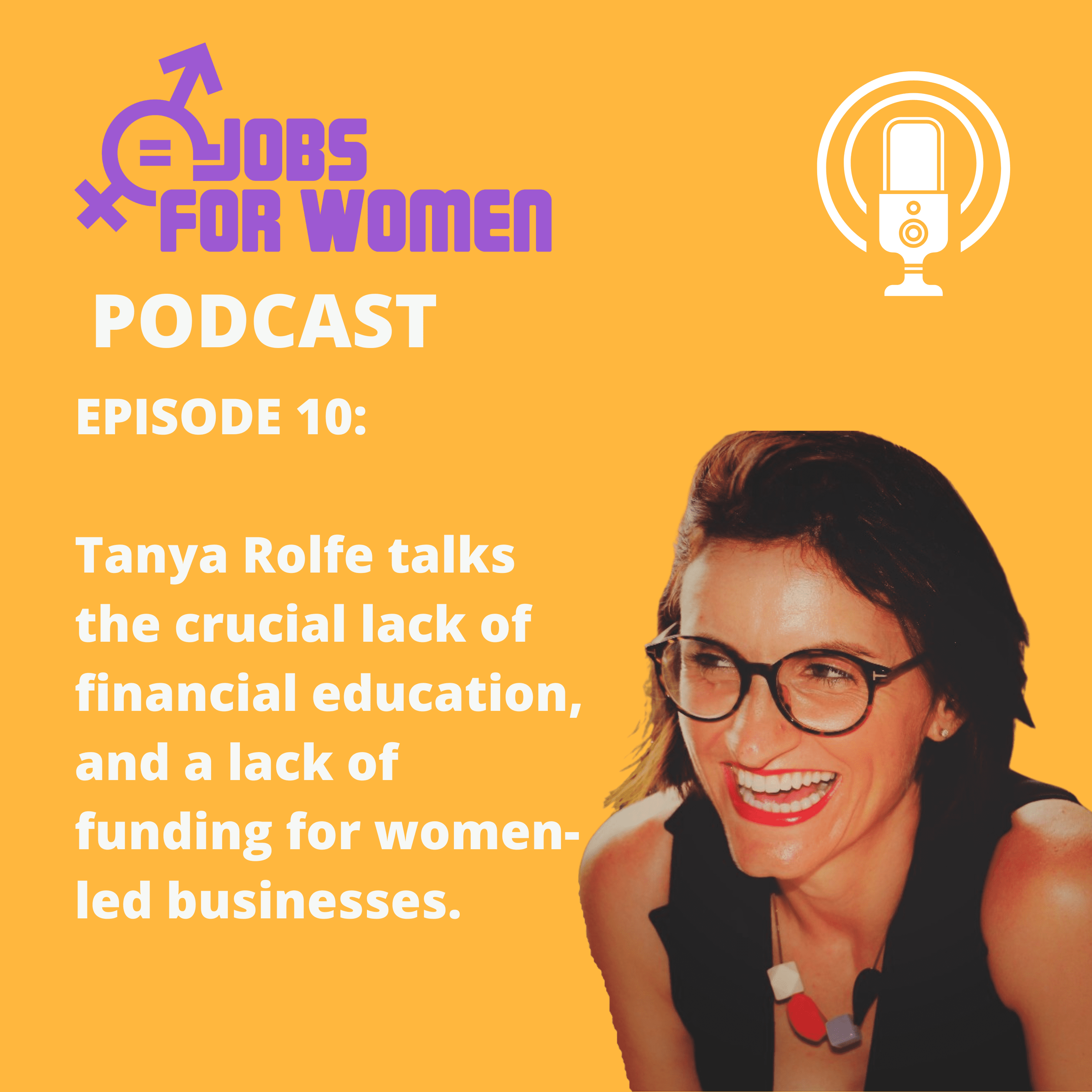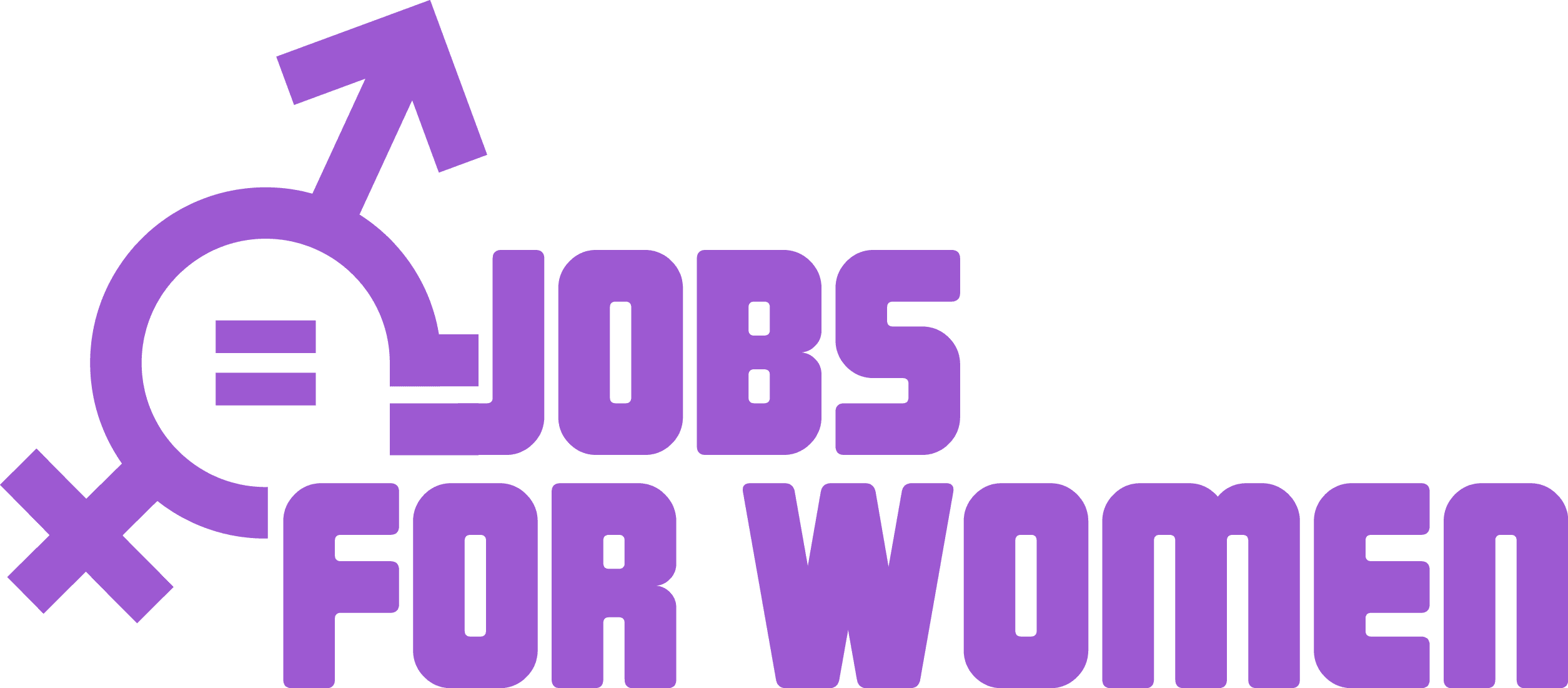

Welcome to episode 10.
Tanya Rolfe talks the crucial lack of financial education, and a lack of funding for women-led businesses
This week we meet with Tanya Rolfe,
Find Tanya on LinkedIn
Come on, the podcast
I’m on the lookout for guests. If you work in HR, diversity, and inclusion, or perhaps your leading the way at your male-dominated place of work, I’d love to hear from you; hello@jobsforwomen.co.uk.

Can you tell us about your early career in law and experiences as a woman?
Tanya Rolfe: Yeah, good question. It feels like many moons ago, and also, it feels really strange because now I’m this immersed into entrepreneurship, both my ventures but also women-led companies, and supporting them. Hence, it feels super great to think that I used to be in this very structured law, kind of environment because it’s super rigid and it’s the opposite of what where I think I fit.
In my early career, I remember following the career path of working in a reputable, noble career choice. I’m gonna go and do this, and off I went and it was super frustrating. And, and then I had a variety of roles I was in London, I was in Australia. And when I came back to London, I was like blown away by the super blatant, sexism and issues. And I just I just was like, this cannot be right. I look back and I think Wow, I didn’t know any better, like, I didn’t know to speak up. I didn’t know to, like, I knew it wasn’t quite right. And I was like, scratching my head thinking, This is strange, but I didn’t really, I wasn’t informed, you know, I was in my late 20s. So, you know, I had the penny hadn’t dropped for me, but when I moved from, when I made that move after I had the children from London to Singapore, it was then that I stoked the fire in my belly because when I started looking at entrepreneurship and startup angel investing, I thought, hang on, where are all the women? And then what would happen is, I would go to events and they would roll out a marketing woman in the corner. Just so they could say, they were, you know, gender diverse or they had a woman in their team – she was a silent marketing woman, and I was like, no. And then I looked inwards and remembered all of this inequality that I had in my early career and I was like, aha and I sort of joined the pieces together at that point.
How have your experiences changed your career, to moving out of law and creating your new businesses?
When I moved to Singapore I thought I want to do something different, I don’t want to go back to law. So I started with an Angel investment network and it was a pure network of women. Women like me- because Singapore is full of women (in my experience) that had previous careers, and perhaps they moved to Singapore with their husbands rather than for their careers. And so I thought there must be more women like me who want to support female entrepreneurs and so went out and gathered a group of women who had some money to invest and did that for a few years and realised they’re really is a lot of women founders out there. And when I looked at who is investing I realised that they’re just not investing in women.
So I thought this is enough. This is an arbitrage opportunity because if women are 51% of the population, it cannot be true that all of the entrepreneurial talents resides in, 49% of the population; it’s got to be evenly distributed. So I thought, well, this is an opportunity because I can invest in these women. Women are not fighting with other people to invest and support these women because the investors are not that interested. So this is an opportunity. This is a smart business investment opportunity.
